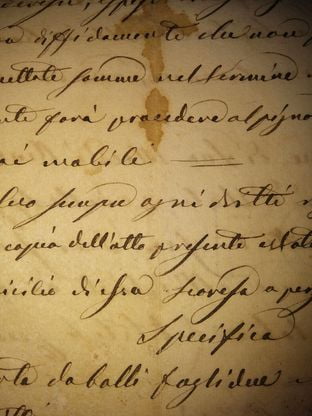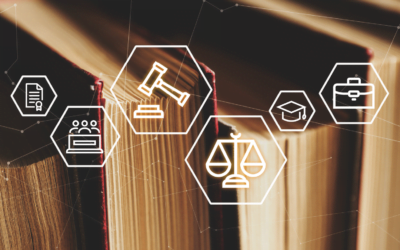Although digitization is rightly advancing in leaps and bounds, there are still good reasons to know about the quality and evidential value of handwritten documents. Erich Kupferschmid of the Forensic Institute Zurich has commented in detail on this topic in the new practical guide. Also interesting and enriched with examples from the recent past is an article from Spektrum der Wissenschaft from October 2021:
Why handwriting is so difficult to forge
In the new practical guide, we deal in detail with the suitability of electronic and scanned (=digitized) documents as evidence, among other things.







0 Comments